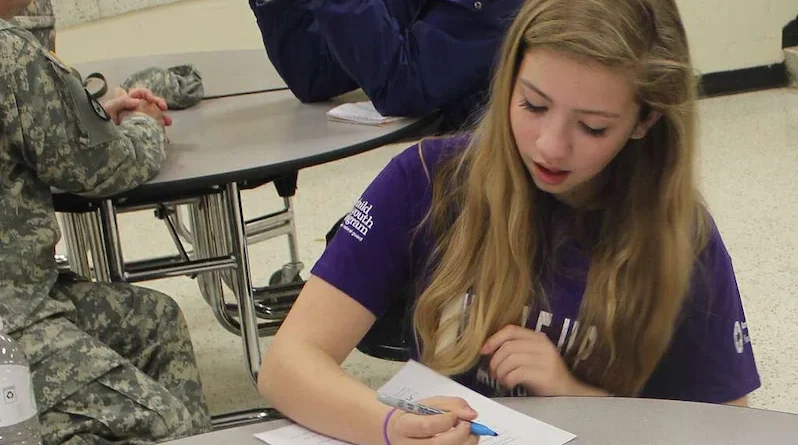How Military-Style Education Shapes Character and Leadership Skills
What Is Military-Style Education?
Military-style education uniquely blends rigorous academics with military traditions. It establishes a predictable daily routine, guiding students from morning wake-ups to evening reflections. Each day aims to instill purpose, enhance focus, and promote responsibility. For those curious about military academy, personal discipline and routine shape character and academic success.
Military schools inherit a rich tradition, evolving to meet contemporary demands while upholding values such as honor, teamwork, and leadership. Their image extends beyond a rigid atmosphere; they push students to expand their comfort zones. Individuals from various backgrounds come together to acquire enduring values, particularly in a rapidly changing and uncertain world.
The Foundations of Character Building
Military-style education emphasizes the development of strong character traits, including punctuality, manners, and mutual respect. It holds individuals accountable for their actions, encouraging them to reflect and build personal integrity. Strict honor codes create a culture where honesty and ethical behavior are central. Spending time with motivated peers increases the effect, as positive peer pressure helps everyone meet higher standards. Shared experiences in group drills or service projects forge bonds based on mutual respect and trust, reducing the likelihood of negative behaviors. Parents report that their children become more mature, responsible, and self-aware after immersing themselves in this educational setting.
Leadership Skills Developed
Military schools teach leadership through real-life responsibilities, such as leading teams, coordinating community service, and supporting new students. Students learn to make decisions under pressure, motivate others, and adapt their communication style. Growth opportunities are not limited to top positions, as every student is given the chance to lead and follow respectfully, creating a well-rounded foundation for future success. These experiences cultivate qualities such as resilience, empathy, and resourcefulness, which are valuable long after the school bell rings. Even shy or reserved individuals can rise to challenges as they discover that effective leaders come in various forms.
Academic Performance and Personal Growth
Military schools are a prime example of structured learning, combining clear expectations with personalized support. The daily routine and the army training of teachers foster a growth mindset, enabling students to view setbacks as opportunities for improvement. Education experts emphasize the importance of developing character strengths, such as persistence, resilience, and curiosity, for both academic and lifelong success. Military schools internalize these traits through challenge and encouragement, enabling students to see obstacles as opportunities for growth. Many alumni report that their military experience enhances their work ethic and study habits.
Physical Fitness and Mental Toughness
Military-style education prioritizes holistic development, focusing on physical health and mental transformation. Regular fitness programs are integrated into daily routines, enhancing stamina, coordination, and strength. Cadets learn perseverance, recovery, and goal-setting through training. Obstacle courses or team events can boost self-confidence and self-esteem. These experiences also teach persistence and teamwork, which are essential in managing academic loads, navigating social situations, and overcoming setbacks later in life. The lessons learned on the field directly impact students’ future educational and social lives.
Career Readiness and Adaptability
Military schools prepare students for the transition from school to the workforce by teaching essential skills such as time management, clear goal-setting, teamwork, and adaptability. Employers across all sectors value these traits. Students learn to prioritize, manage stress, and communicate effectively, which are essential skills for real-world environments. Military school alums often distinguish themselves in college admissions and the workplace, bringing a strong sense of purpose, commitment, and excelling in team settings. This well-rounded preparation equips graduates with the social-emotional skills necessary for meaningful success.

